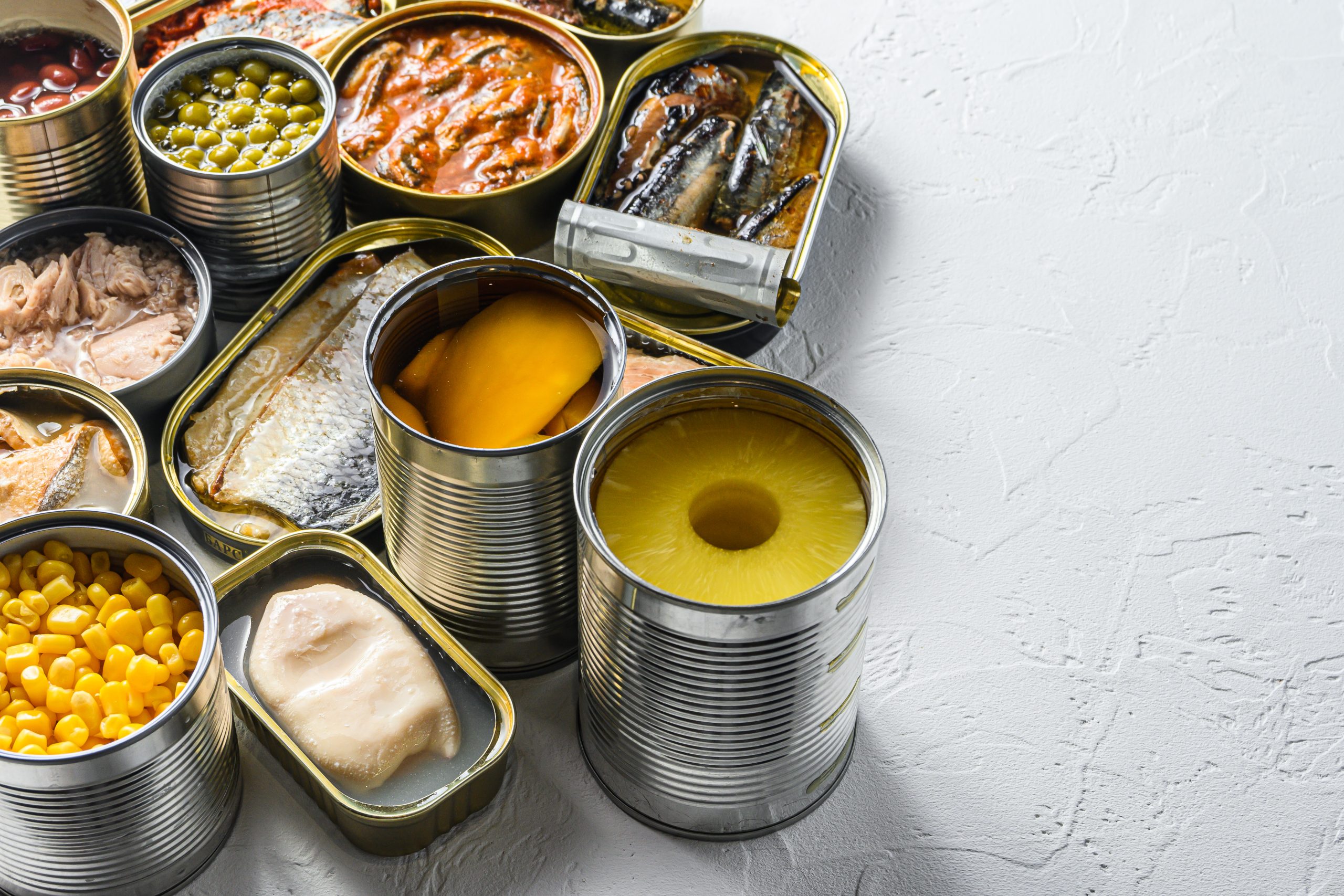The word ‘processed’ always conjures up images of unhealthy food. In this article, we will correct such ideas and beliefs.
What is processed food?
Processed food includes food that has been cooked, canned, frozen, packaged, pasteurized, fermented or added with ingredients (vitamins or minerals, added sugar, sodium, fat), which may change the characteristics of flavor, shelf life and nutrition content. Not all processed food are unhealthy as most food is processed while retaining optimum nutritional values.
What are the categories of processed?
| Category | Description | Food Examples |
| Minimally Processed | Food items are cut, bagged or pre-prepped for consumers’ convenience | Bagged spinach, cut vegetables, roasted nuts |
| Processed | Food items are pasteurized or processed to remove harmful bacteria | Dairy products (milk, cheese, yogurt) |
| Food items are pressed for oil extraction | Flaxseed oil, corn oil, sunflower oil | |
| Food items are frozen quickly to preserve freshness and shelf life | Frozen fruits and vegetables | |
| Food items are canned with addition of ingredients to preserve freshness and shelf life | Canned products | |
| Food items are fortified with vitamins and minerals for additional health benefits | Calcium fortified dairy products or juice, iron fortified cereals | |
| Ultra Processed | Ready-to-eat or ready-to-heat food items, added with additives (flavour, sugar, fat, sodium, chemical preservatives) | Confectionery, fried food, processed meats, cakes, biscuits, soft drinks, snacks |
How to eat healthy processed food?
- Choose raw ingredients and whole food for food preparation and cooking, including wholegrains, fruits, vegetables and legumes.
- Snack smarter by substituting ultra-processed chips or soft drinks with unsalted nut and seeds, vegetable sticks, frozen fruits or simple yogurt.
- Read ingredients lists for added sugar, sodium or fat among first three ingredients. Choose products with these ingredients listed towards most end.
- Read Nutrition Information Panel (NIP) to review calories, added sugar, sodium and fat content.
- Enjoy frozen and canned produce without salty sauces and sugary syrups. Choose produce in water, juice or no added sodium.
- Choose products with Healthier Choice Symbols (HCS)
References
- American Heart Association. (2021, November 1). Can processed foods be part of a healthy diet. https://www.heart.org/en/healthy-living/healthy-eating/eat-smart/nutrition-basics/processed-foods
- Ellis, E. (2020, February). Processed foods: What’s OK and what to avoid.org. https://www.eatright.org/food/nutrition/nutrition-facts-and-food-labels/processed-foods-whats-ok-and-what-to-avoid
- Heart and Stroke Foundation of Canada. (n.d.). What is ultra-processed food and how can you eat less of it? https://www.heartandstroke.ca/articles/what-is-ultra-processed-food
- National Health Service. (2020, January 10). Eating processed foods. https://www.nhs.uk/live-well/eat-well/what-are-processed-foods/
- Phillips, F. (2019, February 25). What is processed food? BBC Good Food. https://www.bbcgoodfood.com/howto/guide/what-processed-food






